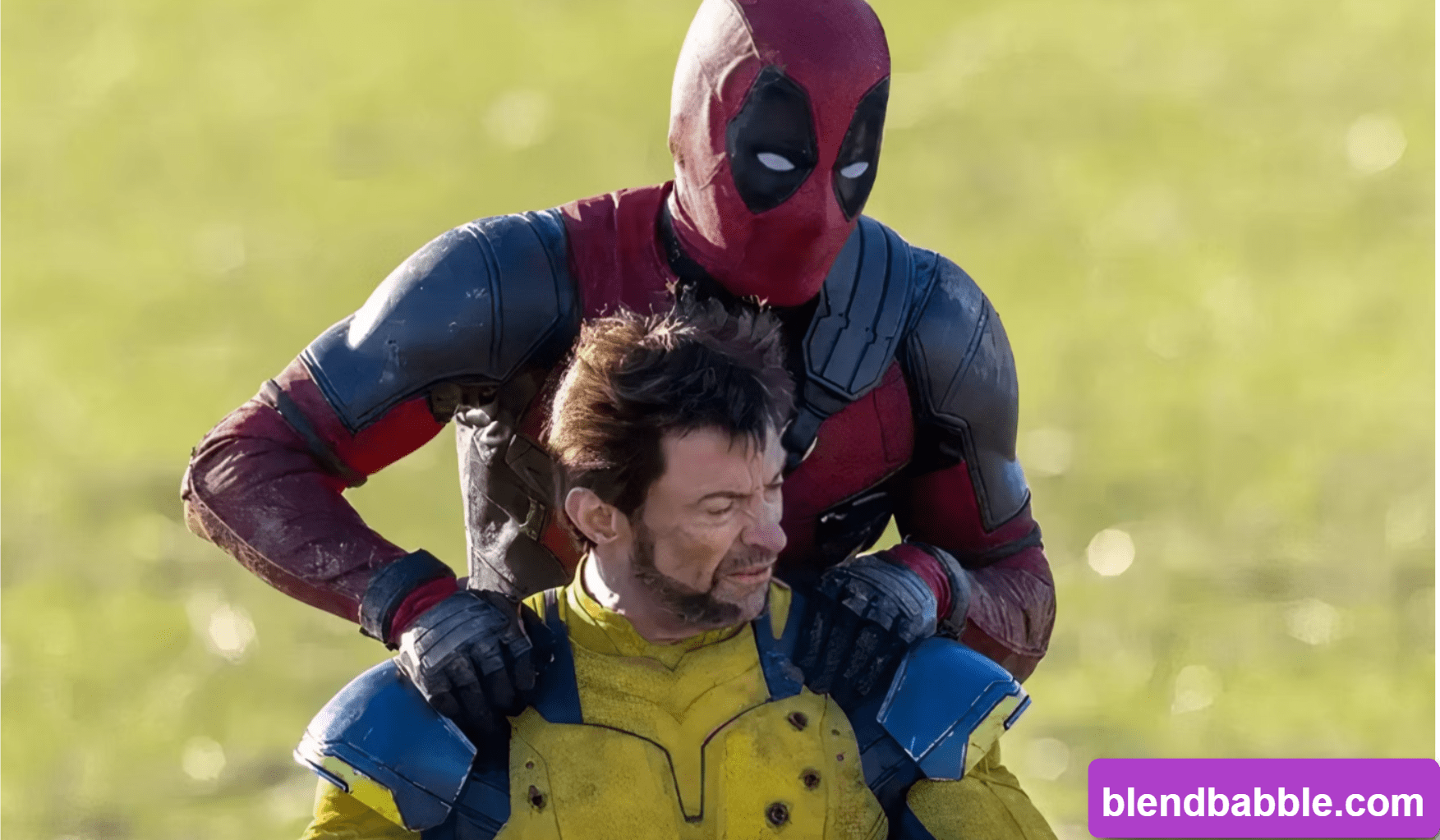Deadpool and Wolverine Review: It’s peculiar how the Marvel movies produced by Fox seem to receive so little acknowledgment for their impact on the superhero genre. This could be due to shifting audience tastes, behind-the-scenes controversies, or even suppression by their new owners. Deadpool and Wolverine bring a unique blend of humor and grit to the superhero genre. Regardless, it’s striking how the Fox X-Men films, beyond just Hugh Jackman’s Hollywood debut, significantly influenced the genre.
While Jackman’s portrayal of James “Logan” Howlett certainly became a major draw, these films offered much more. This isn’t merely an attempt to sidestep discussing Shawn Levy’s Deadpool and Wolverine—although, being a spoiler-free review, it does mean avoiding specifics—but rather a reflection on how the film, through its star power, underscores the relevance and quality of the Fox Marvel legacy.
A quick note: When referencing “Fox” Marvel, this includes New Line Cinema’s contributions and even the Raimi Spider-Man movies, as they collectively represent the first wave of Marvel superhero films. Fast forward to 2000: An ensemble superhero film directed by the creator of The Usual Suspects is about to hit theaters. It benefits from established brand recognition due to its history and a popular animated series, even though comic book stores have largely replaced mass-market sales.
The genre has experienced a rollercoaster: superhero television shows like The Flash and Lois and Clark, along with Blade—its first R-rated hit—demonstrated early potential but also encountered significant ups and downs. Marvel faced near bankruptcy, DC stumbled with Batman’s transitions, and numerous flops tried to capitalize on fleeting attention.
Given this backdrop, X-Men seemed like a risky venture. Though it was a major feature, its success seemed uncertain due to the industry’s turmoil. It reflected its era with a late-’90s aesthetic, black leather costumes, and an air of embarrassment over its comic book origins, but it countered this with charisma and coolness, setting the stage for future developments.
Fox would stumble significantly a few years later, with a notable dip following Batman Begins and Bryan Singer’s departure. However, 2008 brought a pivotal change with the rise of a Boston-born associate producer who helped shape a shared universe concept for Marvel, capitalizing on Chris Nolan’s success and creating a financial juggernaut.
The rivalry between Deadpool and Wolverine is one of the film’s central themes, driving much of the plot. This shift set the stage for Fox’s eventual acquisition by Disney, though not without trying something different first—a new R-rated comedy sparked by a leaked demo reel and an R-rated capstone to the original X-Men films. The chemistry between Deadpool and Wolverine is electric, making their interactions a highlight of the film.
This context frames Levy’s film, though it’s clear that Jackman, Ryan Reynolds, and Kevin Feige have significant influence here. While Feige is often seen as the mastermind of the MCU, Reynolds has essentially become synonymous with Deadpool, and Jackman’s Wolverine remains a cultural touchstone. Fans have long awaited a crossover between Deadpool and Wolverine, and this movie delivers in spades. The collaboration of these influential figures provides a unique perspective and control over the project, differing from previous efforts.
Deadpool and Wolverine : How Fox Marvel Films Set the Stage for Today’s Superheroes
The film’s attempt to capture nostalgia and deliver a lighter Deadpool story contrasts with its multiverse counterparts. Special appearances are plentiful but often overshadowed by humor, and the movie’s tone strikes a balance between homage and irreverence. Deadpool and Wolverine offer a fresh take on superhero dynamics, combining irreverent humor with intense action. While some jokes fall flat, others are more entertaining than recent Marvel-Disney offerings. The action scenes, focusing on raw, bloody combat rather than flashy effects, stand out in the genre.
Deadpool and Wolverine doesn’t aim to promote future Marvel projects, which is refreshing after the constant teases from Marvel. References to other Marvel properties are minimal, focusing instead on celebrating the pre-Iron Man era of Marvel films. The film’s sentiment avoids becoming overly sentimental, maintaining a tongue-in-cheek charm. Its closing credits encapsulate Reynolds’ approach—playful, goofy, and surprisingly heartfelt.
